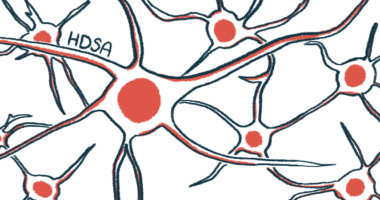Evotec and CHDI Foundation Extend Partnership to Study Huntington’s Disease

Evotec AG announced the CHDI Foundation, Inc. has agreed to extend and expand its partnership with the company until August 2018. The extension stipulates CHDI’s funding of 55 full-time scientists at Evotec in support of research efforts for Huntington’s Disease. The collaboration will utilize additional resources at Evotec’s facilities in Toulouse, France, and Princeton, NJ, USA.
Evotec and CHDI’s partnership has come a long way since its start in 2006, wherein Evotec’s leading integrated neuroscience platform paved the way for much of the research efforts. This extension only demonstrates Evotec’s commitment to investing in the latest technologies and resources to facilitate breakthrough research, effectively providing CHDI an extensive source of support in the area of neuroscience, including integrated biology and chemistry supported by compound and library management, target validation, stem cell research, high-content screening, computational chemistry, in vitro pharmacokinetics and protein production.
Dr. Mario Polywka, Chief Operating Officer of Evotec, commented, “We are delighted to continue our collaboration with CHDI and this extension clearly illustrates that CHDI values our commitment to expanding both our capabilities and capacity. We look forward to continuing working closely with our colleagues at CHDI to rapidly discover novel drugs against Huntington’s disease targets.”
“Evotec represents one of our largest and longest standing relationships and continues to be an important strategic partner in our search for meaningful therapies for Huntington’s disease families,” added Dr Robert Pacifici, Chief Scientific Officer at CHDI. “Their integrated drug discovery capabilities are helping us discover novel targets and to advance drug candidates towards the clinic and we look forward to continuing to work with Evotec over the coming years.”






